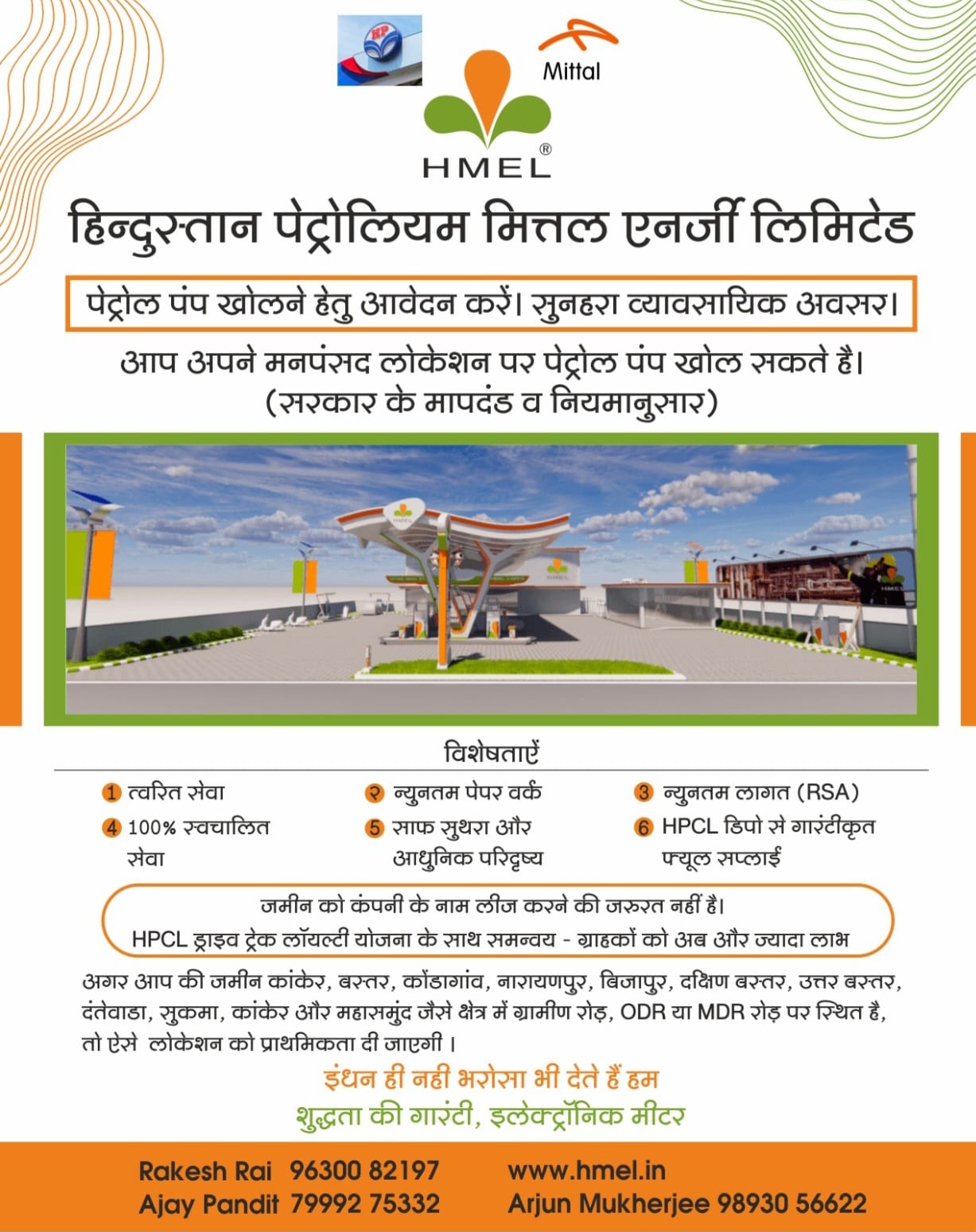Offering personalised cancer care

Precision oncology, an innova tive strategy that marks a de- parture from traditional one- size-fits-all cancer treatments, offers a personalized and targeted ap- proach based on the unique genetic makeup of each patient’s tumour, says Dr Ravi Jaiswal. The doctor who provides personalised cancer treat- ment using targeted therapies for ad- vanced breast, lung, GI, prostate, blood, and urological cancers, dis- cusses this new revolution in cancer care.
UNRAVELING THE GENETIC LANDSCAPE
Dr Jaiswal, who has successfully used the approach on several pa- tients says, “At the core of preci- sion oncology is the understanding that cancer is not a singular entity but a complex interplay of genetic mutations. Advanced genomic technologies have enabled re-searchers to dissect the genetic landscape of tumours with unprecedented detail. By identifying specific genetic altera- tions driving cancer growth, oncologists can tailor treat- ments to target these specific vulnerabilities.”
TARGETED THERAPIES: PRECISION IN ACTION
Precision oncology harnesses the power of targeted thera- pies, drugs designed to selectively attack cancer cells with specific genetic aberrations, says Dr Jaiswal. He adds, “Un- like conventional chemotherapy, which can affect both healthy and cancerous cells, targeted therapies aim to mini- mise collateral damage, leading to more effective and less toxic treatments. For example, if a patient’s tumour harbors a mutation in a gene responsible for uncontrolled cell growth, a targeted therapy may be chosen to inhibit that specific pathway. This personalized approach enhances treatment efficacy while mitigating adverse effects common- ly associated with traditional treatments.”
MOLECULAR PROFILING AND BIOMARKERS
Molecular profiling plays a pivotal role in precision oncology. He further ex- plains, “Through techniques like next- generation sequencing, oncologists can identify molecular markers or bio- markers unique to a patient’s tumour. These biomarkers serve as crucial sign- posts, guiding the selection of the most appropriate therapeutic interventions. Biomarker-driven therapies extend be yond traditional chemotherapy, incor- porating immunotherapy and hormone therapy. The ability to precisely match treatments to a patient’s molecular pro- file enhances the likelihood of positive responses and potentially extends sur- vival rates.”
OVERCOMING DRUG RESISTANCE
He points out that one of the challenges in cancer treatment is the development of resistance to therapies over time. He goes on to add, “Precision oncology adapts to this challenge by continuously monitoring the tu- mour’s molecular evolution. This dynamic approach allows oncologists to adjust treatments, either by modifying the ex- isting regimen or introducing new targeted therapies, to overcome emerging resistance.”
The doctor concludes, “Precision oncology represents a paradigm shift in cancer care, ushering in an era where treatments are tailored to the specific genetic makeup of each patient’s tumour. While it may not guarantee a cure for all cancers, precision oncology offers the potential for more effective, less toxic treatments and improved outcomes.”
Ramkrishna Care Hospitals
Pachpedi Naka, Dhamtari Road, Raipur Contact: 0771-6165 656 Website: https://www.carehospitals.com/
The views/suggestions/opinions/data in the article are the sole responsibil- ity of the expert/organisation

